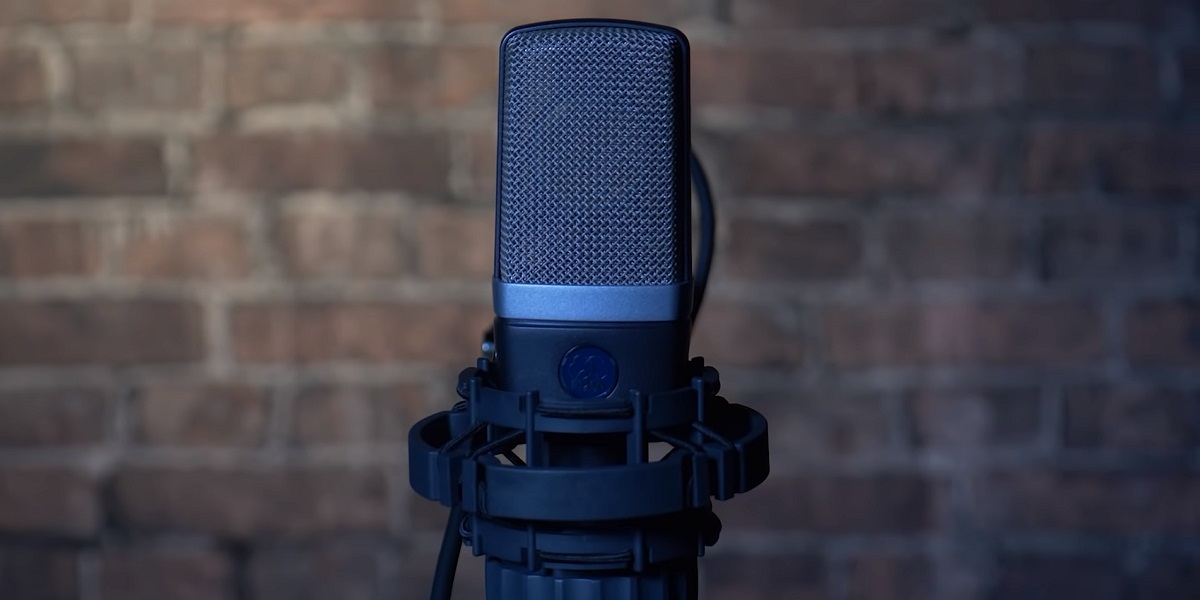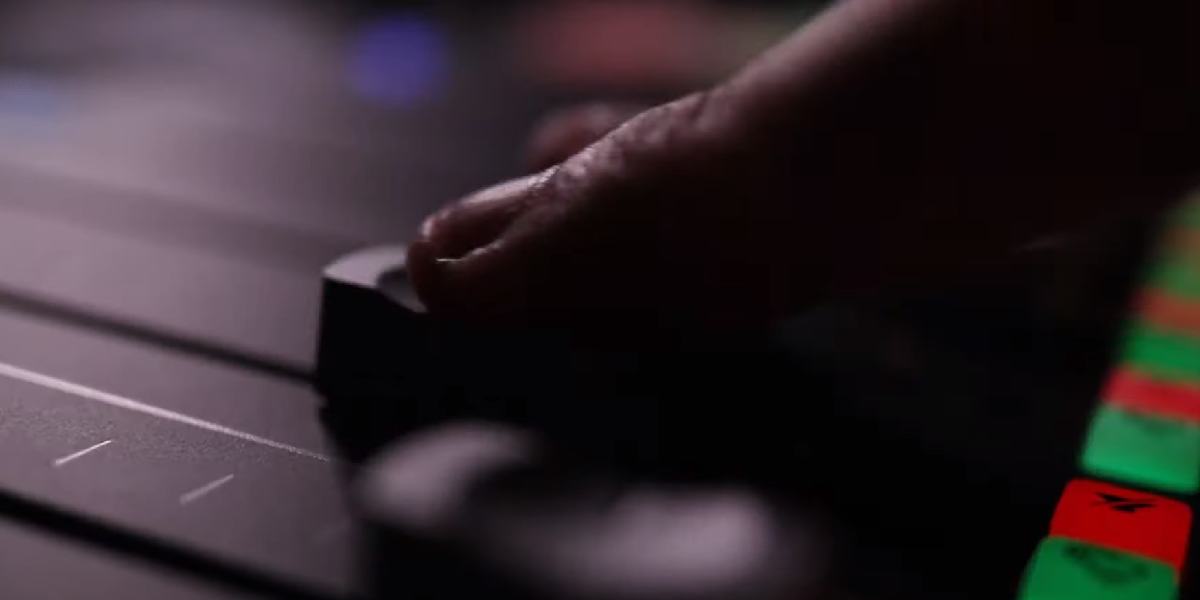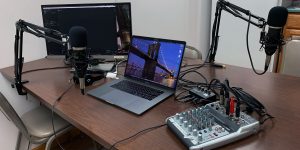Podcasts are a great form of expression for those who have something to say but can’t sing, film, or do video reviews. However, how do you make your podcast successful? It was heard by many, not just you and your friends. We will talk in the article about recording and publishing the first podcast.
Preparing to record a podcast
Define a podcast topic
The principal place to start is to define a theme for your podcast. You must be well versed or very interested in it.
There are two approaches:
- Choose a topic that you like and in which you understand;
- Choose a specific niche where the podcast will be in demand and where there is an audience.
Not always a topic that you like can get a robust response from the audience, and then it will be a problem. Therefore, at the initial stage, it is important to approach the choice of the topic for the podcast so that there is a potentially large audience of listeners. The numbers are very important.
You can, of course, just host the podcast as a hobby and give it up at some point. Ideally, when the topic in which you understand has a response from the market and this niche is potentially large. The easiest way to determine a topic for a podcast is to see if there are already podcasts or books on a similar topic. If so, you can safely start.
Make a plan for publishing episodes
The biggest mistake 90% of those who start podcasting make does not have a plan to publish episodes 3-6 months in advance. Make a topic outline for the podcast episodes and a mini-outline for each episode, so you know what you will talk about. It will also help you stay on track while recording the episode.
It is smart to think about a plan for publishing episodes, for example, 1 episode per week. Furthermore, it would be enough. Then you will need four episodes per month and 12 episodes for the next three months. An important point – it is advisable to record 12 episodes immediately before you officially launch your podcast.

Get inspired by other podcasts
Listen to the best podcasts on your topic and see what the author says and how. Consider all the nuances you noted when creating your podcast.
Add music
Podcasts are not only the monotonous sound of your voice, everything is like on the radio, but it is also necessary to dilute speech with music. To do this, you need a branded introduction to music, a description of the podcast, and an overview of the episode, and, if you wish, you can make a background (background music that will sound throughout the release).
Invite interesting guests for a podcast
You have a podcast topic. There is even a rough publication plan. Let’s define the type of podcasts:
- Solo podcasts – When you are alone talking about a topic or answering questions.
- Interview podcasts – when you invite guests and interesting speakers to chat.
With podcast interviews, it will be easier for you to gain new audiences and listeners, and each episode will be more varied. If you are just starting, and you do not have the popularity yet, start with your acquaintances and close circle. Just find people who apply to your podcast and invite them to chat.
Style your podcast cover design
The design of your podcast is very important. For most people (visuals), the design of the podcast will play a decisive role before they listen to it. Your cover should be very clear about the context of the podcast, bright, and communicate what the podcast is about.
Ask your most dedicated listeners for help, it really matters. Be active on social networks and even create branded internal memes because surely something funny or unusual happens when recording episodes. They become your audience’s lifestyle and a way to engage them.
Podcast Recording

Microphones
Quality sound is very important in podcasts, and that requires professional microphones. There are exceptions that if the content is unique and fascinating, then listeners will discount the mediocre sound. However, this is more the exception than the rule. Good sounding audio is achieved through a good microphone, post-production editing, and processing.
Voice editing and processing software
In order to achieve maximum quality, you will need the skills of a professional audio editor. There you can: remove noise during recording, cut out harsh sounds, process your voice, insert music, etc.
Publishing a podcast
Where to host your podcast? Here are the main ones:
- Overcast
- Castbox
- iTunes
- Google Podcasts
- Overcast
To start your channel, you can use tricks that will help you recruit a starting audience and promote your channel.
Cooperation
If you know someone who also makes a podcast for a similar audience, negotiate a partnership. An association of 5-10 podcasts can advertise each other’s podcasts. Thus, it will be easier to promote and work with advertisers. Get a support team to write the first reviews. Take advantage of your surroundings. Leave feedback to each other, surround yourself with like-minded people.
Communicate with your audience
Be sure to keep the feedback from your audience. If they have something painful or something bothers them, let them write about it. Also, work with your core audience. You get direct feedback from them. These are the people who will always help. You can ask them for anything.
We are supported by our audience. When you purchase through links on our site, we may earn an affiliate commission at no extra cost to you.
Our newsletter
* We will never send you spam or share your email with third parties

